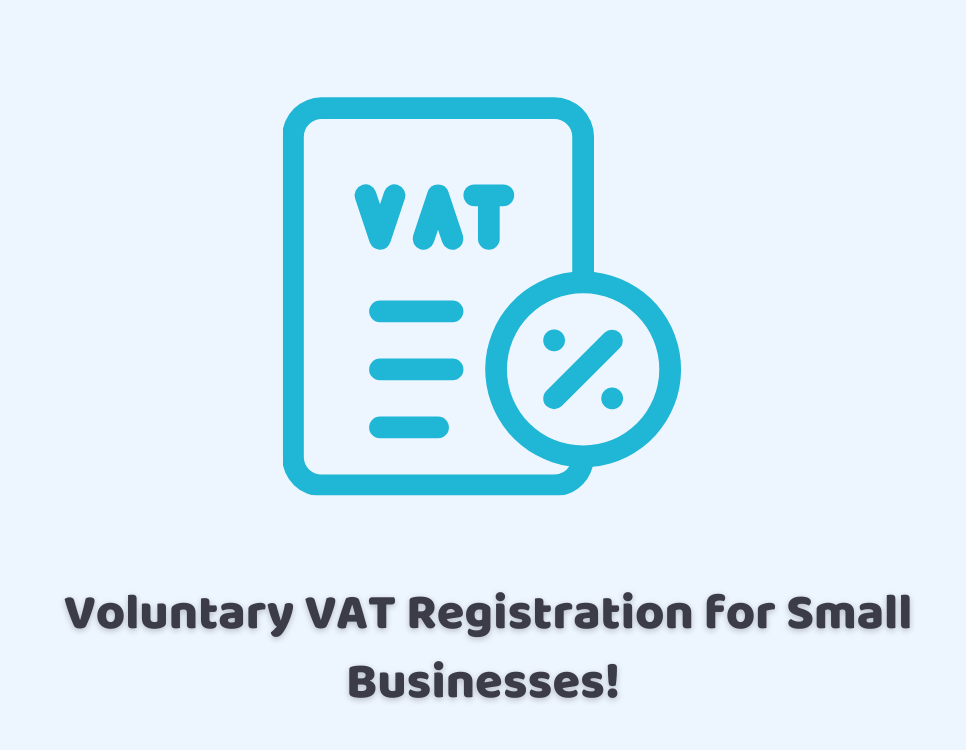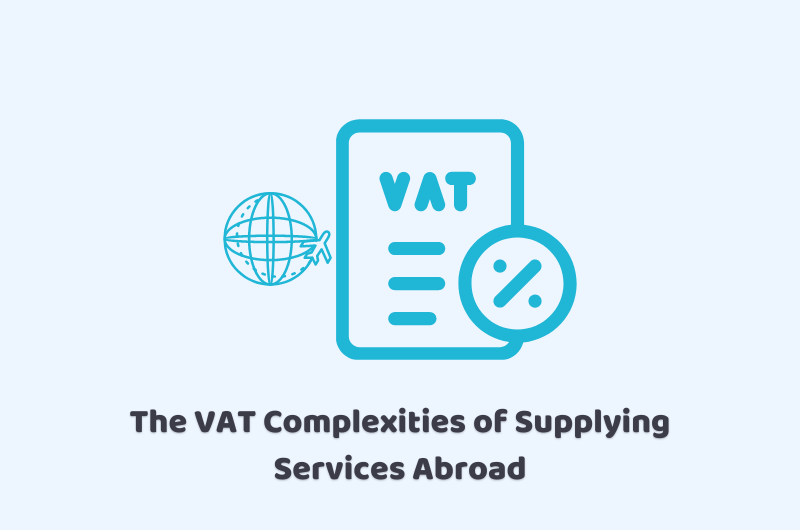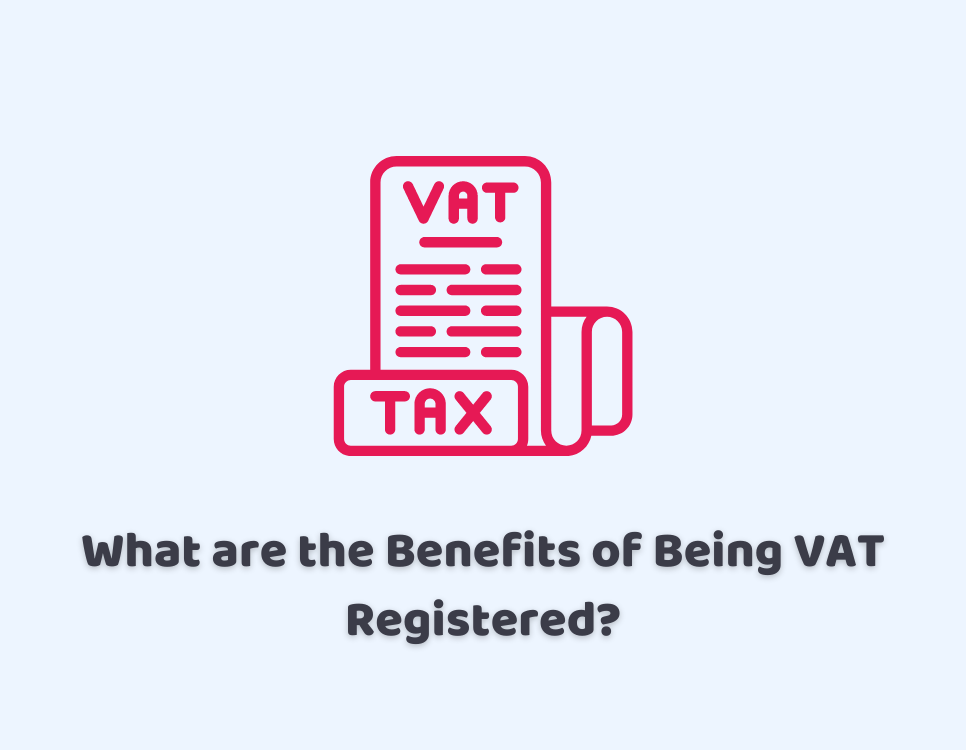
13/07/2022Tax Issues , VAT
If you are running a small business that is still less than £85k per annum but you decide on voluntary VAT registration. This decision does not make sense in all circumstances and situations. Other than that suitable circumstances to go with this decision. People associated with carrying out a small business often question about voluntarily registering for VAT is a fair decision for the betterment of business or not?
The answer is yes it is worth questioning about registering VAT voluntarily as the question will lead to further business benefits in future. This decision will make you charge the administration well as the customers who are interested in buying your offered products or services. Nowadays it is required to connect with HMRC MTD (Making Tax Digital) if you aim to register voluntarily. It has been observed that the tax collector on behalf of HMRC does not sound like a wise idea and appeals to most people.
The process is not as simple as it might sound, as there is a restriction of certain circumstances as to when voluntarily registration can be beneficial for the business. We have covered the process of VAT registration, who needs to register, and what are the business responsibilities involved in this process.
Reach out to our smart and clever-minded guys to get your VAT queries answered quickly. We will help to let you decide about VAT registration with a clear mind.
Who Needs to Voluntary Register VAT?
It becomes a compulsion for your business to register for VAT when your business crosses the limit of the VAT threshold. The required figure in this regard is £85,000 currently. When you foresee your VAT taxable turnover will cross the required limit of your threshold within 30 days, you should immediately do the needful.
In the other case, if you are not expecting your taxable turnover to cross your business threshold any time soon, there is no requirement for you to register for VAT. However, some small businesses still do it voluntarily.
The Process of Voluntary VAT Registration
Even in the case of voluntary registration for VAT, the process will remain just the same as the businesses do when they are required to begin the process. The businesses no matter if they are VAT groups or partnerships, come under one registration number. Online registration for VAT is considered the most reliable method. All businesses are allowed to register for VAT online.
If you finally decide to register VAT online, you will be in need of creating an online VAT account. This will be later used to maintain reporting of your VAT. Moreover, in the case of the VAT exceptions, you will have to apply for the VAT exceptions. In such a case you will apply by post. You can register the business divisions, or join the late rate scheme of agriculture. This will be done for separate VAT numbers.
The Business Responsibilities of Voluntary VAT Registration
If you are running a small business and have decided to voluntary register for VAT even though it is not a business requirement according to your threshold as yet. Your duties and responsibilities will remain just the same as the businesses that are required to register for VAT. This brings in the following listed requirements:
- You are required to maintain the records as well as the account for your VAT.
- You need to submit your VAT returns.
- You will be asked by HMRC to pay any VAT.
- You can have a right to charge VAT to your customers and administration, however, focus on charging the right amount of VAT.
Voluntary VAT Registration and MTD Obligations
When you get your business registered for VAT, you will have to consider MTD. This is to ensure the initiative of HMRC to make the VAT returns digitise. Under the requirement of MTD, the businesses will keep an online record of VAT. They will also use the online making tax digital software to report the VAT.
Moreover, making tax digital is not mandatory for every business that is VAT registered in the current scenario. In case your taxable turnover is more than your business threshold, only then you will be required to adhere to the rules and regulations of MTD. Some complex businesses are still exempted from this obligation. In case your business threshold is less than £85,000, you are not required for VAT registration and for making tax digital.
If the situation changes in future, so will the obligations. In simple put, you can say that mostly you will have to register for making tax digital if you are required to register for VAT. And if you have chosen this option voluntarily, you can choose whether you will opt for making tax digital or not.
The Bottom Line
We can bring the discussion of Voluntary VAT registration toward wrapping up as you have gathered a fair amount of information by now. In conclusion, we can sum up by saying that registering for VAT voluntarily can prove to be a beneficial option for several small businesses. However, there are still businesses that choose to remain unregistered unless they are required to get their business registered for VAT. To make a fair decision about whether you want to get your business registered for VAT voluntarily or not, you must weigh up the circumstances of your business and its financial health.
Furthermore, you should consider the MTD obligations and other responsibilities that come when you are a VAT-registered business. We hope the gathered information after reading this blog will guide you to make the right business choice.
Our team of professional members loves to hear out your business problems and find out the possible and suitable solutions quickly. Call us on 02086868876 or email us today. We will come up with fine solutions.
Disclaimer: The information about Voluntary VAT registration provided in this blog includes text and graphics that are general. This does not intend to disregard any of the professional advice.



